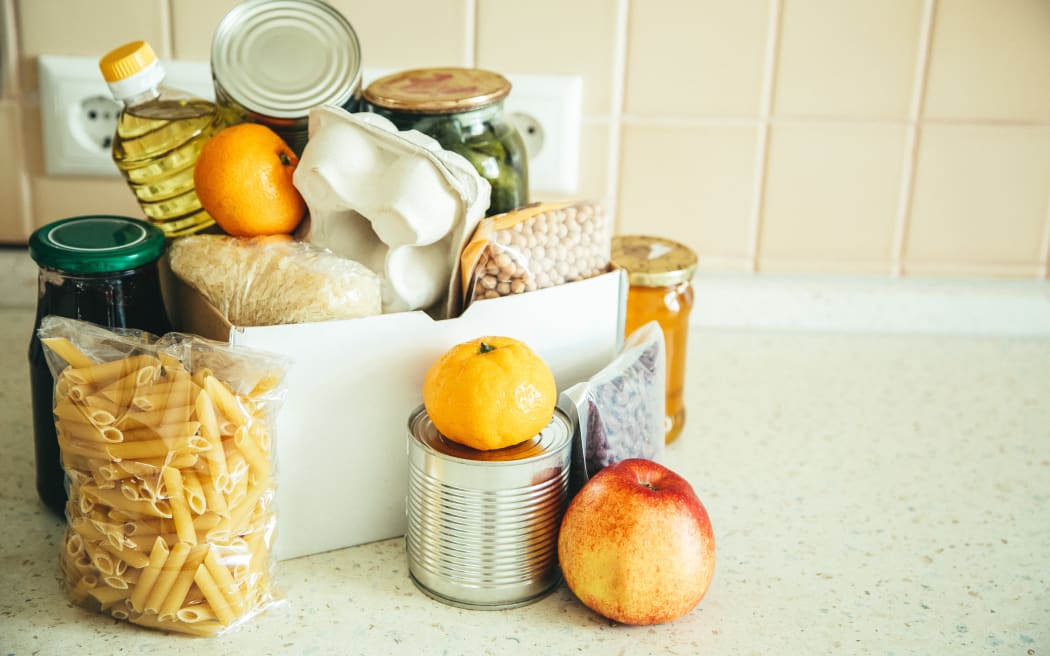By rnz.co.nz
Working families are increasingly needing help to put food on the table as the cost of living and inflation remains high.

Foodbanks across the North Island are finding their pantries empty amid a shortage in donations and many are finding people do not have the same capacity to donate as they once did.
Urban marae have been working tirelessly for their communities over the past few years, with previous Covid-19 lockdowns adding to the cost of living pressures.
Chief executive of Papakura Marae Tony Kake said his marae’s foodbank was also struggling to feed everyone asking for help.
Kake told Morning Report the marae gave out about 300 food parcels per week, with Mondays and Fridays the busiest.
About 75 percent of the whānau they helped were regulars – but they welcomed anyone who needed help to the marae for support.
The “working poor” were coming through more often, he said.
Kake said they tried to make the marae an oasis – a place with no judgement and where people were treated with dignity and pride.
An assessment was completed for anyone who needed help, and they tried to lend them a hand with budgeting services or finding employment.
Kake said the donations the marae received for the foodbank were completely donated from organisation such as Auckland City Mission and KiwiHarvest.
“We are really grateful for … what we do get through donations.”
Auckland City Missioner and chairperson of the Zero Hunger Collective Helen Robinson said “hundreds of thousands” of New Zealanders simply did not have enough money for food.
“Food and security was a reality that existed before Covid but it’s certainly being exacerbated by Covid and certainly now with the high cost of living and inflationary pressures,” Robinson told Morning Report.
“It is really, really difficult for thousands of New Zealanders.”
Robinson said a whole range of people were going to the city mission for support.
People would pay the mortgage or rent, make sure their kids got to school, to the doctor and that there was enough for transport to work.
But what was left over “is simply not enough so people are coming to us for food”.
This included people who were working in casual or part-time employment, receiving low wages or on benefits.
Robinson said she had been working at the city mission for 10 years, and when she started, 10,000 food parcels were being distributed a year.
In the 2022 calendar year, just under 50,000 parcels were distributed, she said.
“This is a real crisis in our country that is growing and growing significantly and has been for some years.”
She said $22 million was allocated to the city mission through this year’s Budget to use over two years. While she was very grateful for the funding, it was simply not enough.
“Because there is a lack of funding available throughout our country, we rely heavily on organisations and individuals to donate food.
“What we saw is 2-3 years ago, particularly before Covid, there was significant donations of food and we really have to acknowledge the generosity of New Zealand, both individuals and companies who continue to give very generously, and I think after the floods and cyclones most recently, people do keep giving and it all adds up but it’s simply not enough.”
More and more people were coming to the city mission for help – but it did not have enough food or money to give out to meet the level of need.
Robinson said there was a growing group of organisations looking at what the key drivers of food and security were – and it needed to look to a reality where the country was fed, and fed well, into the future.


